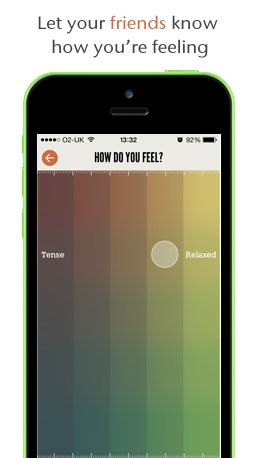
We’re all aware of the negative connotations of anxiety, but new research suggests that we may be able to learn to harness it to our advantage.
Anxiety can be a fear of imminent danger, but it’s also a broader anticipation of possible threats. We make a powerful mental record of signals that alert us to an impending threat, and experts believe anxiety stems from constant activation of a part of the fear response known as the hypothalamus-pituitary-adrenal (HPA) axis, and specifically a failure to turn this system off once a threat has passed.
When we feel like we can cope with a situation, despite its high demands, we feel challenged and motivated; on the other hand, when we feel less capable of handling the situation, this can lead to more unhealthy responses like stress and fear. The difficulty in our hectic lives is often distinguishing between the two. With the added pressure of everyday worries in the mix, we often face a non-stop series of potential stressors. This can leave us struggling with one crisis even as we’re worrying about the ones to come, potentially leading to overload and paralysis. Stress and anxiety are linked to heart attacks, strokes, immune disorders, obesity and infertility, so this can have wide-ranging consequences.
Psychotherapy and medication can help combat anxiety and new technologies are improving our understanding; the key it seems is not to avoid feeling anxious, but to learn to manage the experience. In the right amounts the hormones that drive anxiety can be powerful stimulants, arousing the senses to function at their sharpest.
Athletes and performers have learnt to use the heightened sense of arousal often associated with anxiety as a jumping off point. They may be nervous beforehand, but starting down the anxiety pathway and hitting the brakes before reaching panic point means they are able to perform brilliantly once they step into the spotlight – an approach the rest of us could perhaps try to apply to our everyday lives.
Learn more about your mind in our illustrated guides, The Mind Manual and A Mind for Business, published by Hamlyn Press and Pearson/FT.
